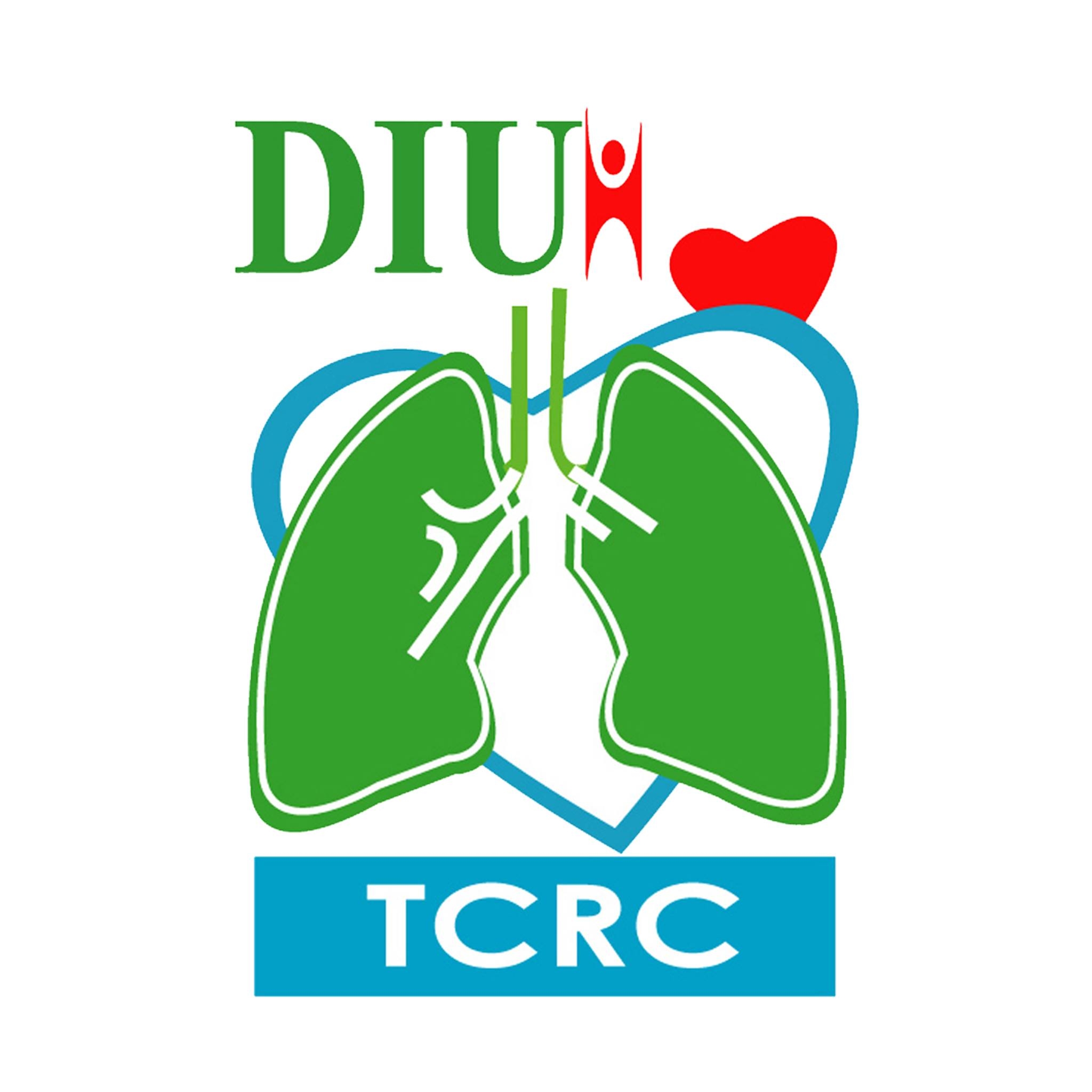Journal Article Details
Welcome to Tobacco Control and Research Cell (TCRC), DIU.

Post Budget Market Reflection of Increase Tax on Smokeless Tobacco (Zorda) in Bangladesh
Background
The Smoking and Usage of Tobacco Products (control) Act, 2005 was amended in 2013 to make it more compliant with WHO FCTC. Since then, about 8 years have passed. The last Global Adult Tobacco Survey (GATS) 2017 report reveals that the prevalence of tobacco use in all forms among people (age 15 years and above) is still 35.3%(37.8 million). Though it has reduced from 2009 (43.3). There are currently about 1.5 million adults suffering from tobacco-attributable illness in Bangladesh, and more than 61,000 children (below age 15) are suffering from diseases caused by exposure to secondhand smoking. Deaths attributable to tobacco use are 161 thousand while expenses for diseases and disabilities due to tobacco use were BDT 30,560 crore in 2018. All public places are not 100% smoke-free in Bangladesh and the ban on product display at points of sale is not specifically mentioned in the law. There is ambiguity in the provisions of the law relating to tobacco advertising, promotion, and sponsorship. Meanwhile, emerging tobacco products like e-cigarettes have sprung up as a new threat to public health which were not incorporated in the above-mentioned tobacco control law of Bangladesh in 2013 while amending the same. These gaps in the current tobacco control law are highlighted by the WHO Report on the Global Tobacco Epidemic (GTCR) 2021, which provides the status of countries’ implementation of key tobacco control measures. Bangladesh has adopted best practices in monitoring and health warnings on packs. In all other policy areas, Bangladesh falls into the “moderate” or “low” category of adoption and implementation with no forward progress since 2013. Global practice has developed and moved on since then and Bangladesh’s law is in urgent need of updating. With the passage of time and a greater understanding of the full range of measures necessary to combat the tobacco epidemic, lacunas in the Act have become apparent and proved to be a major challenge in its effective implementation. It is worth mentioning in this context that Honourable Prime Minister of Bangladesh Sheikh Hasina while speaking at the South Asian Speakers’ Summit in Dhaka in 2016 declared, inter alia, “My government will take all possible measures for effective implementation of existing tobacco control laws and in turn, we will make our laws fully compliant with FCTC in line with our national priorities to achieve SDGs”
In this backdrop, the government has initiated the process to further amend the Smoking and Usage of Tobacco Products (Control) Act, 2005 (amended in 2013) which is timely and commendable initiative and reflects the government’s commitment to protect public health from tobacco menace. In such a time, the study on “Tobacco Control Laws of Bangladesh: Analysis of Gaps and Proposed Reforms” has been undertaken by DIU with the intention of supporting the government’s initiative to amend the current tobacco control law with evidence in line with WHO FCTC and global best practices.
Methodology
The study relied on secondary sources like, tobacco control laws of Bangladesh, WHO FCTC and its Guidelines, tobacco control laws of other countries, judicial decisions, parliamentary practices, expert consultation and content analysis. The study also examined the provisions of Bangladesh’s tobacco control law in relation to global best practices. A committee consisting of academicians, tobacco control advocates, lawyers and civil society members was formed by Dhaka International University to review the study report. Initial draft was reviewed by the committee and the researchers considered the feedbacks/comments and came up with the second draft. That was reviewed and further feedbacks/comments were provided to the researchers. Finally, they presented the final draft and the committee unanimously agreed to accept the report for publishing. The research was done between September 2020 to November 2021.
Scope and Limitations
Considering the short span of time and resource constraint, DIU opted for the analysis of gaps of the tobacco control laws of Bangladesh on the important areas in terms of WHO FCTC provisions since Bangladesh, as a signatory country of this international legal instrument, has incurred obligation to comply with its provisions. This study has specifically touched upon the areas of smoke-free environment, tobacco advertisement, promotion and sponsorship, size of Graphic health warning, single stick/loose sale and emerging tobacco products. It is agreed that there are scopes for numerous studies of this law in other perspectives as well. It is expected that more studies will be carried out in future by interested researchers and institutions to shed light on the gaps and lapse of the law in different perspectives. No uniform style of referencing has been followed.
